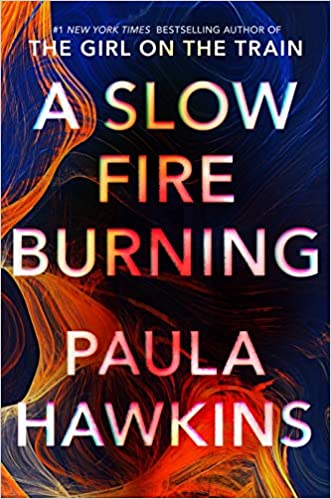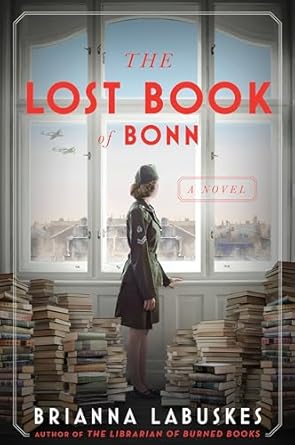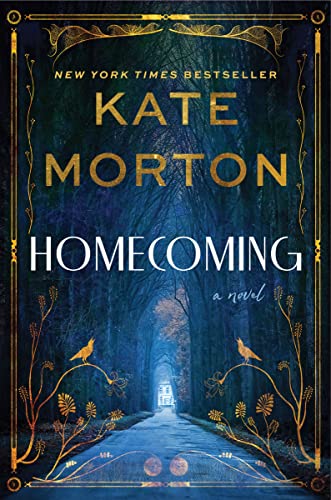
The Double Life of Benson Yu by Kevin Chong is a layered and thought-provoking novel that blends reality and imagination, fiction and autobiography. The story follows Benson Yu, a comic book artist who is grappling with the trauma of his past. As he begins to write a more serious autobiographical work, the lines between his life and his comic book creations start to blur. The narrative toggles between Benson’s present-day struggles and the fictionalized account of his younger self, which reveals painful truths he’s tried to bury.
The novel explores themes of identity, memory, and the ways in which we try to rewrite our own stories. I recently saw Kevin Chong present at the Sechelt Festival of Writers and he described it as a story about storytelling. And that’s 100% true. The novel is about how the past can haunt the present and the cathartic power of storytelling.
Chong’s writing is vivid yet introspective. The chapters focus on different perspectives and that forces the reader to question the boundaries between author and character, reality and fiction.
If you enjoy novels that challenge narrative conventions and explore complex emotional landscapes, The Double Life of Benson Yu is a compelling read. It’s reminiscent of works like Paul Auster’s The New York Trilogy or Kazuo Ishiguro’s The Unconsoled in its blending of the real and the surreal.
I really enjoyed listening to the audiobook but given the complexity of the story narration, it may have been a better read vs. listen. But Eric Yang is a great reader so the audiobook offered a lot too. It was also fun to hear author Kevin Chong talk about his writing process and how the ideas for this book came together. He’s not a planner, but instead starts writing and lets the ideas and problems/solutions present themselves. I found that intriguing and can see why it works for him.


